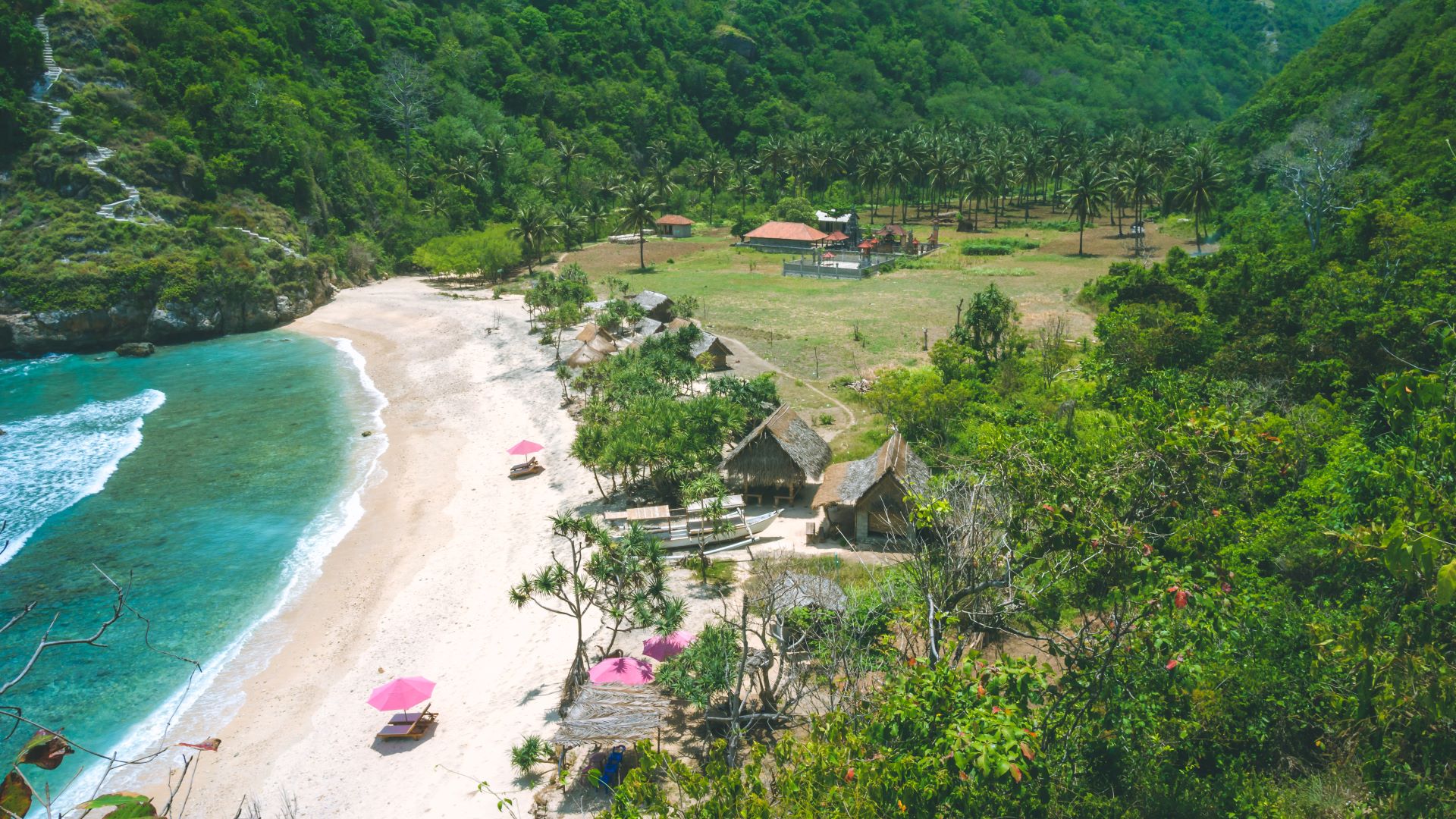Bali, the “Island of the Gods,” is a vibrant paradise with stunning landscapes, welcoming locals, and a unique cultural heritage. Whether you’re beach-bound, exploring temples, or embracing the island’s cuisine, Bali has something for everyone. Here’s what you need to know to make the most of your trip—and stay safe along the way.
1. Understanding Bali’s Seasons
Bali experiences two main seasons: the dry season (April to September) and the wet season (October to March). During the dry season, the weather is generally sunny and ideal for outdoor adventures, but it’s also the most popular time for tourists. The wet season, while quieter, brings lush landscapes and fewer crowds. If you’re visiting during the wet season, be prepared for short, tropical rain showers.
2. Visa Requirements
Most visitors from around the world can enter Indonesia visa-free for up to 30 days. If you’re planning a longer stay, you can opt for a Visa on Arrival, which also grants 30 days and can be extended once for an additional 30 days. Make sure your passport is valid for at least six months from your entry date.
3. Getting Around the Island
Transportation in Bali can be a bit hectic. Renting a scooter is a popular choice, but traffic can be intense, especially in busy areas like Kuta and Seminyak. If you choose to ride, always wear a helmet and drive cautiously. Taxis and private drivers are readily available, and apps like Grab and Gojek are convenient for booking rides, though there may be some area restrictions.
4. Respecting Balinese Culture
Bali is deeply rooted in Hindu culture, and respecting local customs is essential. When visiting temples, dress modestly by covering your shoulders and wearing a sarong, which is often provided at the entrance. Avoid stepping on the offerings (known as “canang sari”) placed on sidewalks, as they are sacred. If you encounter a religious procession, show respect by stepping aside and observing quietly.

5. Money and Currency
The currency in Bali is the Indonesian Rupiah (IDR). ATMs are widely available in urban areas, and credit cards are accepted in most hotels and restaurants, though cash is essential for smaller purchases and in rural areas. Use reputable money changers to avoid scams, and be cautious with fluctuating exchange rates.
6. Health Precautions and Vaccinations
When planning your trip, consult with your healthcare provider about recommended vaccinations for Bali. Hepatitis A and typhoid vaccines are often suggested, as they help protect against diseases spread through food and water. If you’re travelling to Bali or neighbouring islands, also consider anti-malaria precautions, as cases can occur, particularly on nearby islands like Lombok and some parts of Java. Bali has had outbreaks of mosquito-borne illnesses such as dengue, chikungunya, and Zika virus. To protect yourself, use insect repellent, especially at dawn and dusk, and consider bringing mosquito nets if you’ll be in rural areas.
Note for couples: Zika virus, which is present in Bali, is associated with risks for pregnancy. Couples planning a pregnancy should take extra precautions and consider postponing travel if they have concerns about the potential risks of Zika.
7. Beware of Animal Encounters
Bali’s temples and parks are home to many monkeys, particularly in places like the Sacred Monkey Forest in Ubud. While these animals may appear friendly, they can be unpredictable. Avoid feeding or approaching monkeys, and keep your belongings secure, as they can be adept thieves! Bali also has rabies, and bites or scratches from monkeys or other animals (such as stray dogs) carry a risk. If you’re exposed to an animal bite or scratch, seek medical attention promptly, as a post-exposure rabies vaccine may be necessary.
8. Avoid Bali Belly and Stay Hydrated
“Bali Belly,” or traveller’s diarrhoea, can strike unsuspecting visitors. To reduce your risk, avoid drinking tap water, stick to bottled or filtered water, and exercise caution with street food if you have a sensitive stomach. Many visitors find that a probiotic supplement helps protect against stomach troubles. Hydration is also key, especially in Bali’s hot climate, so always carry a water bottle and drink plenty of fluids.
9. Pack Essentials for the Tropics
Packing wisely will help you stay comfortable and prepared for Bali’s tropical climate. Bring lightweight, breathable clothing, high-SPF sunscreen, and a reusable water bottle. A light rain jacket can be handy for tropical downpours, especially if visiting during the wet season. Consider a waterproof phone case or bag if you’re planning to explore Bali’s waterfalls or beaches.
10. Embrace the Local Cuisine
Balinese cuisine is a feast of rich, vibrant flavours featuring rice, fresh vegetables, and a variety of spices. Don’t miss popular dishes like nasi goreng (fried rice), mie goreng (fried noodles), and babi guling (suckling pig). Warungs, small local eateries, offer authentic dishes at budget-friendly prices. For vegans and vegetarians, Bali has a thriving plant-based food scene, particularly in Ubud and Canggu.
11. Respect the Environment
Bali is making strides in eco-conscious tourism, and you can contribute by bringing reusable bags, refusing plastic straws, and supporting eco-friendly businesses. Bali’s beaches, forests, and other natural sites are precious resources; please leave them as you found them, and avoid littering.
12. Safety in Adventure Activities
From surfing and scuba diving to mountain hikes, Bali offers countless ways to enjoy the outdoors. However, it’s essential to follow safety guidelines, especially when engaging in water sports or exploring natural sites. If you plan on hiking, particularly to Mount Batur or Mount Agung, go with a licensed guide and check the weather conditions in advance.
Bali is a beautiful blend of adventure, relaxation, and rich culture. By taking simple precautions, being mindful of local customs, and staying aware of health considerations, you’ll be set for an unforgettable journey. Embrace Bali’s wonders, respect its people and environment, and enjoy every moment of your trip.

